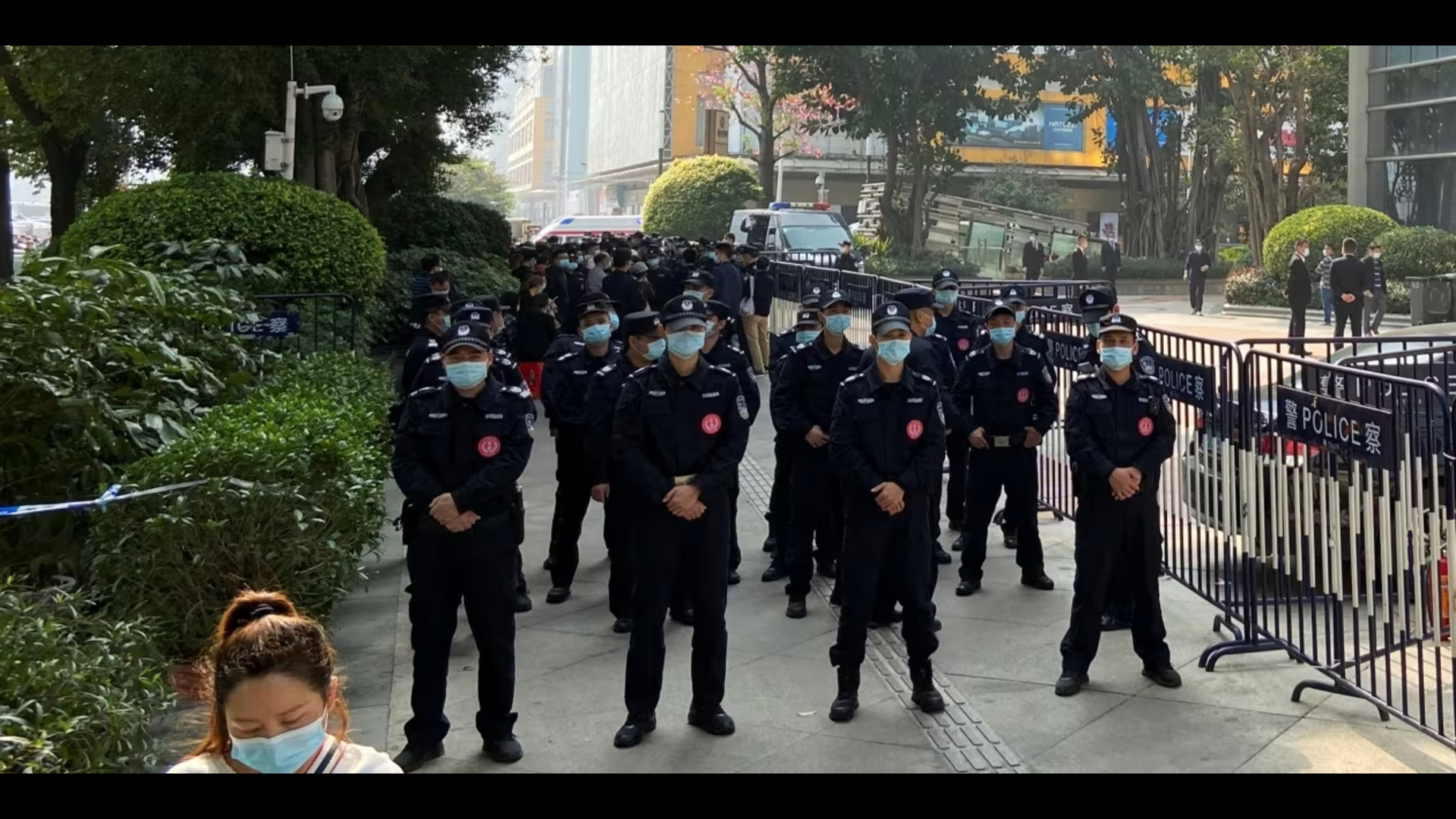As China’s economic growth has decelerated, labor disputes in the property and manufacturing sectors have surged, raising concerns about the social safety net for blue-collar workers. This is according to a report by Nikkei Asia, a Japan-based English-language news magazine.
Despite strict government media censorship, signs of public discontent and hardship are increasingly apparent. Recent protests include an ex-soldier in Beijing who accused a Kunming office of mistreatment and a demonstrator in Hunan who called for freedom and elections, linking his protest to past support for democracy.
The China Labour Bulletin (CLB) reports a 3% increase in labor strikes during the first half of 2024, with a 12% rise in the property and manufacturing sectors, which now account for 80% of these strikes. Nikkei Asia attributes this surge to mounting social pressure amid economic difficulties. China’s growth slowed to 4.7% in Q2 2024 from 5.3% in Q1, forcing industries to pivot towards exports or relocate production overseas.
Significant disputes include the bankruptcy of Akcome Technology and a major strike at a Jiangsu shoe factory over layoffs and compensation. Construction workers are leading protests, primarily demanding unpaid wages, exacerbated by the financial struggles of property developers. Nikkei Asia highlights the vulnerability of migrant workers, who often endure long hours, low wages, and limited social security without formal contracts or welfare coverage.
While the government has promised to address these issues, proposed measures like raising the retirement age are met with skepticism by many workers. Experts, as cited by Nikkei Asia, emphasize the precarious labor environment for migrant workers, characterized by job insecurity and poor working conditions. Although recent government commitments to enhance social security are a step in the right direction, they are considered insufficient by many.
The rising number of strikes underscores persistent challenges in Chinese labor relations. Economic slowdowns, shifting global trade dynamics, and domestic economic policies have strained businesses and workers alike. These pressures often result in layoffs, wage cuts, and delayed payments, triggering protests. As workers become more aware of their rights, they are increasingly willing to advocate for them. Issues such as unpaid wages, hazardous working conditions, and inadequate benefits are driving a surge in strikes and demonstrations.









